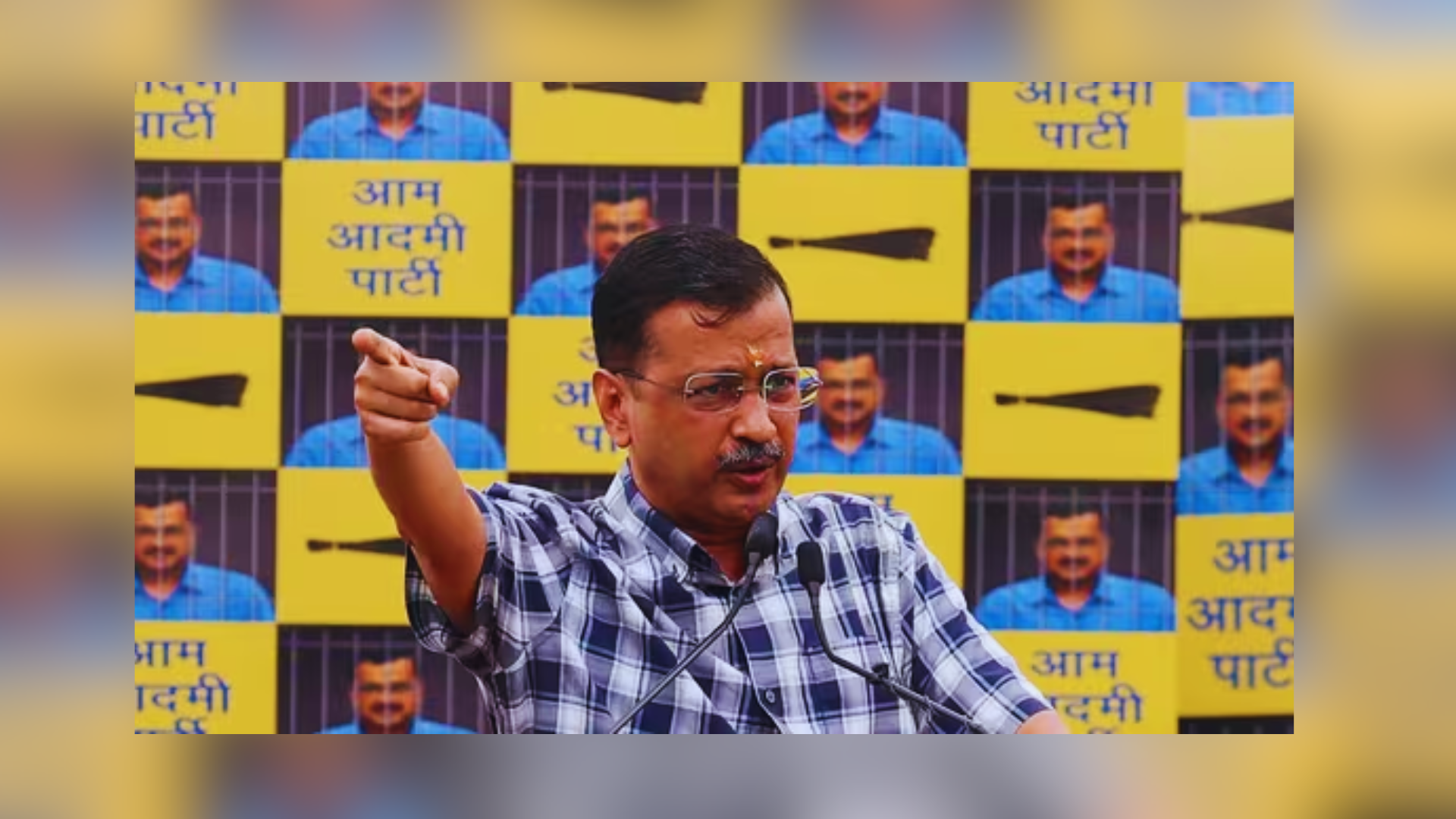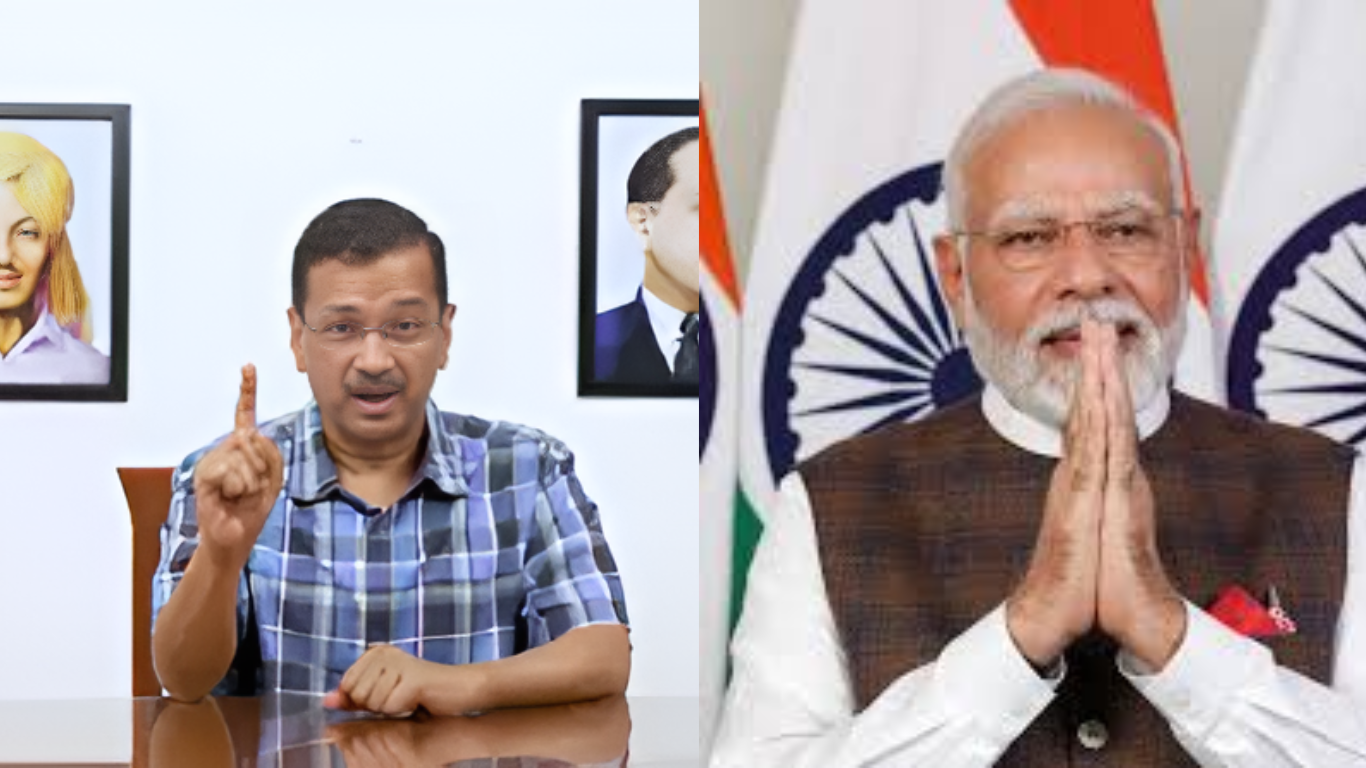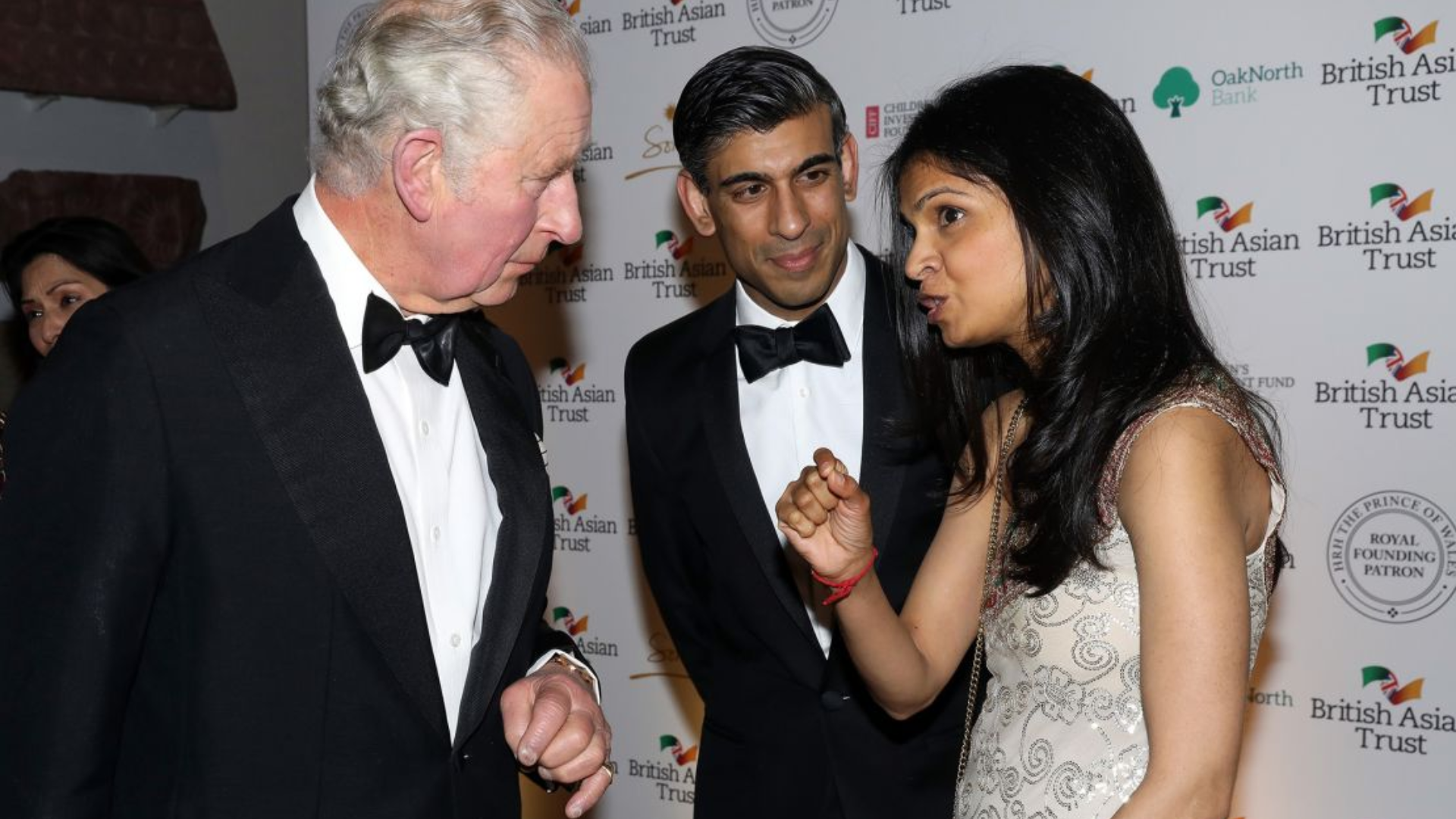










India will hold the G20 Presidency from December 1, 2022, to November 30, 2023. Over 200 G20 meetings are anticipated to be held during this time in India.
According to a press announcement from the Ministry of External Affairs, the G20 Leaders’ Summit at the level of Heads of State/Government will take place on September 9 and 10, 2023, in New Delhi. The G20, or Group of Twenty, is an international organisation that brings together the largest industrialised and developing economies of the globe. Argentina, Australia, Brazil, Canada, China, France, Germany, India, Indonesia, Italy, Japan, Republic of Korea, Mexico, Russia, Saudi Arabia, South Africa, Turkey, United Kingdom, United States, and the European Union are among the 19 nations that make up this region (EU).
The G20 is the foremost forum for global economic cooperation because its members collectively represent 85% of the world’s GDP, 75% of its trade, and 2/3 of its population.
India is currently a member of the G20 Troika, which consists of Indonesia, Italy, and India as the current, outgoing, and upcoming G20 Presidency.
India, Indonesia, and Brazil would make up the troika under its Presidency. According to the announcement, this would be the first time that the troika will be made up of three emerging economies and developing nations, giving them a stronger voice.
The G20 currently consists of the Finance Track, with 8 workstreams (Global Macroeconomic Policies, Infrastructure Financing, International Financial Architecture, Sustainable Finance, Financial Inclusion, Health Finance, International Taxation, Financial Sector Reforms); Sherpa Track, with 12 workstreams (Anti-corruption, Agriculture, Culture, Development, Digital Economy, Employment, Environment and Climate, Education, Energy Transition, Health, Trade and Investment, Touri); and the Economic Track, with 16 workstreams (Economic Development (Business 20, Civil 20, Labour 20, Parliament 20, Science 20, Supreme Audit Institutions 20, Think 20, Urban 20, Women 20 and Youth 20).
The G20 Presidency has a practise of inviting some Guest nations and International Organizations (IOs) to its G20 meetings and summits in addition to G20 Members.
Therefore, India will be inviting Bangladesh, Egypt, Mauritius, Netherlands, Nigeria, Oman, Singapore, Spain, and UAE as Guest countries, as well as ISA (International Solar Alliance), CDRI (Coalition for Disaster Resilient Infrastructure), and ADB (Asian Development Bank) as Guest IOs, in addition to regular International Organizations (UN, IMF, World Bank, WHO, WTO, ILO, FSB and OECD) and Chairs of Regional Organizations (AU, AUDA-NEPAD and ASEAN)
While India’s G20 priorities are still being finalised, ongoing discussions focus on issues such as inclusive, equitable, and sustainable growth, LiFE (Lifestyle for Environment), women’s empowerment, digital public infrastructure, tech-enabled development in sectors such as health, agriculture, and education, as well as commerce, skill-mapping, culture, and tourism; climate financing; the circular economy; global food security; energy security; green hydrogen; and digital public infrastructure.
Read more: Russia to consider visa-free entry to Indian tourists









